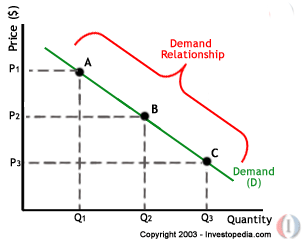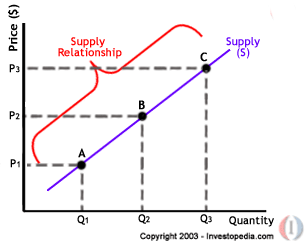The article in CNN Money says that banks in China still need to keep reforming! In the review conducted by the International Monetary Fund (IMF), they found out that even though China's banks made a remarkable progress, the banks still have to rely less on the government. China's banks still rely far too heavily on the government and need to enact a series of reforms to avoid building asset bubbles in real estate, for example. The 126-page report by IMF notes that a large share of China's banks are state-owned and most of the management in the banks is appointed by the government. IMF says that the heavy involvement of the government reduces market discipline, weakens corporate governance, and is likely to create budget constraints. This means that the government intervention can cause disruption of the free-market principles and can bring bigger profit. One of the central banks in China, People's Bank of China, responded to the IMF Report by saying that it was "positive and constructive." They even believe that after years of reform, China's financial system has made considerable progress towards commercialization.
 The Chinese economy grew 9.1% year-over-year in the third quarter, marking a slight slowdown from earlier this year, as the Beijing government focuses on curbing (stopping) rapid inflation. Overall, this article gives an thorough analysis of China's banks saying that they might do better if they lowered the government intervention.
The Chinese economy grew 9.1% year-over-year in the third quarter, marking a slight slowdown from earlier this year, as the Beijing government focuses on curbing (stopping) rapid inflation. Overall, this article gives an thorough analysis of China's banks saying that they might do better if they lowered the government intervention.
From this article, I learned that a large government intervention in the banks can cause hindering of the banks themselves. The government that oversees "everything" can for example cause limitations on the bank lending. Therefore, the banks can not fully exercise the principles of free-market and loose a profit which they could have made.
 The Chinese economy grew 9.1% year-over-year in the third quarter, marking a slight slowdown from earlier this year, as the Beijing government focuses on curbing (stopping) rapid inflation. Overall, this article gives an thorough analysis of China's banks saying that they might do better if they lowered the government intervention.
The Chinese economy grew 9.1% year-over-year in the third quarter, marking a slight slowdown from earlier this year, as the Beijing government focuses on curbing (stopping) rapid inflation. Overall, this article gives an thorough analysis of China's banks saying that they might do better if they lowered the government intervention.From this article, I learned that a large government intervention in the banks can cause hindering of the banks themselves. The government that oversees "everything" can for example cause limitations on the bank lending. Therefore, the banks can not fully exercise the principles of free-market and loose a profit which they could have made.

























